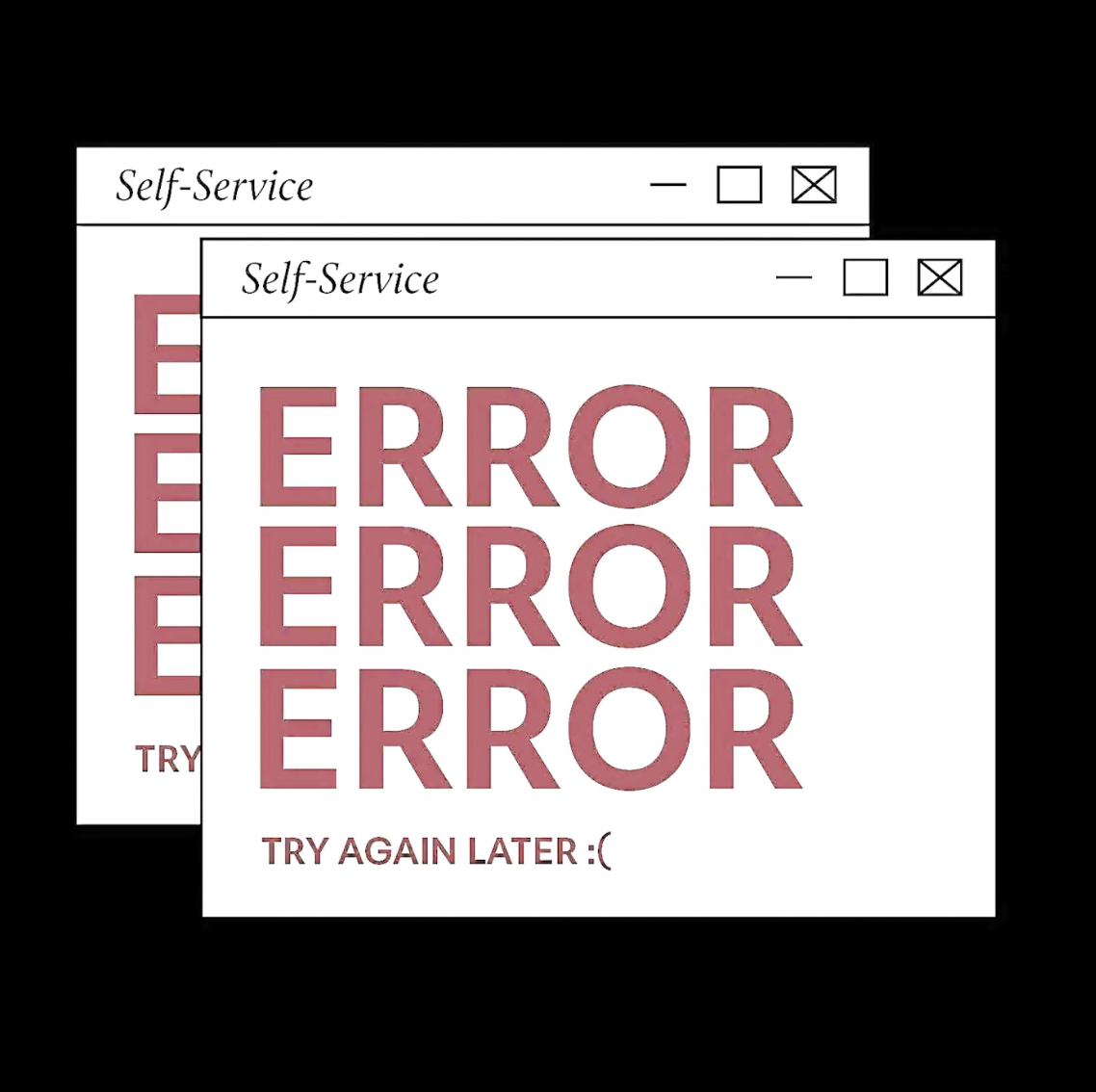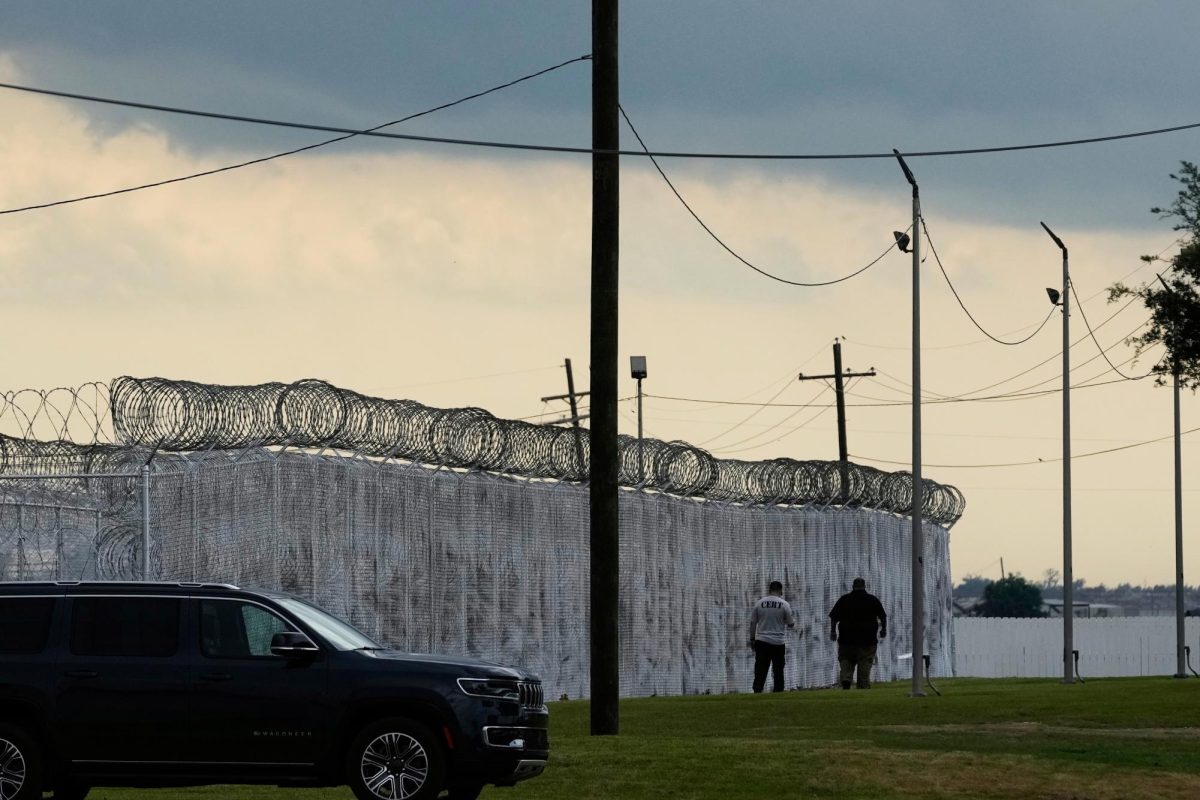Every college likes to talk about community and history. But often, those conversations erase the very first communities of this land: the Indigenous nations who thrived here long before anyone else. Without naming and honoring them, we are participating in a silence that has lasted far too long.
New Orleans is not just another city built along the Mississippi River. For thousands of years, this was Bulbancha, a Choctaw word meaning “the place of many tongues.” It was a hub of trade and connection where Indigenous groups lived and gathered. The Choctaw, Houma, Chitimacha, Biloxi, and many other nations cultivated this land and created a culture of community that directly shaped what New Orleans is today.
The evidence of this influence is everywhere. Native people are not only part of the past, but also part of the present. The Chitimacha, whose territory includes the very ground our campus sits on, continue to exist as a sovereign nation today. The Houma Nation still preserves its culture and language despite centuries of displacement. These are living communities, not historical stories. Their struggles and triumphs deserve to be part of our collective memory, not confined to the margins of textbooks.
Acknowledging this truth is not a political gesture; it is a moral one. A land acknowledgement is a reminder that the land we live, learn, and thrive on has a story that predates us and continues with the Indigenous nations who remain here today. It is a gesture of respect and gratitude. It also calls us to humility, reminding us that progress without honesty is incomplete. If we claim to pursue truth in education, that truth must include the land beneath our feet.
Tulane University has already taken this step, openly recognizing that its campus and New Orleans are on unceded Indigenous land, naming the tribes whose histories are tied to this city, and situating itself within the long continuity of Bulbancha. That acknowledgement is powerful, but it should not stand alone.
If we are serious about inclusion, our university must follow suit. We need an official land acknowledgement, not in fine print, but read at events, placed on syllabi, and shared. This is about presence and recognition. It is about taking responsibility rather than leaving it for others. Silence, after all, is also a choice.
Taking this step would also align our institution with a growing national and international movement toward truth and reconciliation. Universities across the country, from state schools to the Ivy League, have begun to formally recognize the Indigenous land they occupy. This is not about following a trend, but fulfilling a responsibility. By acknowledging the people who came before us and who remain with us, our university affirms its commitment to justice, equity, and truth, not just in words, but in action.
Furthermore, a land acknowledgement can open the door to deeper partnerships with Indigenous communities. It can encourage collaborations in education, culture, and research, while amplifying Native voices on and off campus. Words matter, but what matters even more is how we use those words to create dialogue, build bridges, and ensure Indigenous students and communities feel seen and valued in the present. Acknowledgement is not the end of the work, but the beginning. It is the foundation for real relationships, learning, and repair.
Rooting this action in Jesuit values makes the case even stronger. Jesuit education calls us to cura personalis, care for the whole person, and to seek justice in all things. An official land acknowledgement embodies these values by recognizing the dignity of Indigenous peoples, honoring their contributions, and confronting historical wrongs. To ignore this responsibility is to fall short of our mission; to embrace it is to live out the Jesuit tradition of truth, reconciliation, and service to humanity. In doing so, we show that our values are not abstract words, but principles we live by.
To acknowledge the land is to acknowledge the people. To acknowledge the people is to honor their survival. And to honor their survival is to commit to a more just and honest community.
The question is simple: why haven’t we done it yet?
It is time. Let’s recognize that this land was never ours alone. Let’s acknowledge the truth.

















paul • Oct 21, 2025 at 8:41 pm
This is completely unserious.
If you mean it, then petition the Jesuits to return the land.
Alex M. • Oct 12, 2025 at 11:01 am
As a multi-gen Tulane alum with my multi-gen Loyola son enrolled now I agree. Loyola has been our family’s international option, educating our Latino family. The land both universities sit on (mostly owned by the church, not Tulane!) has history and it is healthy to acknowledge that fact, and proceed from an informed and considerate position.
Baley Champagne • Oct 6, 2025 at 10:55 pm
100 %
Jane Richards • Oct 5, 2025 at 6:52 am
Land acknowledgments have become academia’s favorite form of moral theater, a way to sound righteous without lifting a finger. The notion that reciting a scripted line about who lived on the land centuries ago advances justice is laughable. It doesn’t feed, educate, or materially support Indigenous communities; it just lets universities feel enlightened while keeping the land, the money, and the authority exactly as they are. Dressing that up as “a moral gesture” doesn’t make it meaningful rather just makes the performance smug.
If universities truly believed their rhetoric about “unceded land,” they’d return it or pay rent to the tribes they claim to honor. But that never happens. Instead, we get a few solemn sentences before an event and a pat on the back for being “inclusive.” That isn’t humility, it’s hypocrisy. Pretending that a short paragraph on a syllabus fulfills our ethical duty cheapens real history and trivializes real injustice. Land acknowledgments don’t confront the past. They whitewash it, turning genuine moral responsibility into another PR exercise.